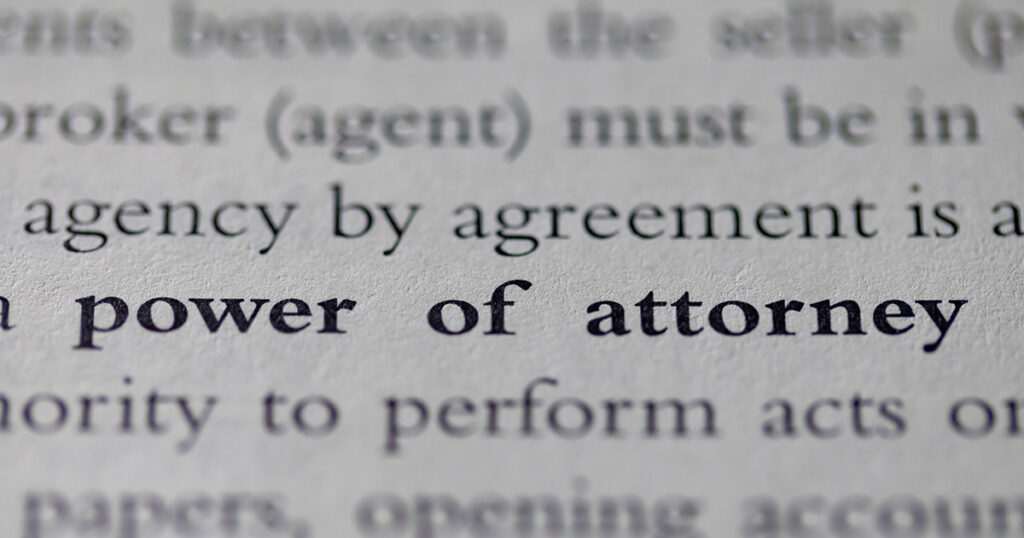- Home
- About Lawpoint
- Business Matters
- Debt Collection Lawyers
- Defending Claims for Debt Recovery
- Drafting and Advising on Credit Forms and Terms of Trade
- Drafting and Enforcing Security Documentation
- Drafting Statements of Claim and Other Court Documents
- Enforcing Judgements
- Issuing Garnishee Notices, Writs for the Levy of Property or Land to Enforce Judgement
- Letters of Demand
- Negotiations Seeking Recovery of Outstanding Debts
- Negotiated Settlements/Mediations
- Obtaining Default Judgement
- Learn More
- Commercial Litigation Lawyers
- Employer Lawyers
- Franchise Lawyers
- General Commercial Lawyers
- Asset protection and business structure
- Confidentiality agreements
- Contracts of employment
- General legal advice and legal services
- Guarantee documents
- Partnership agreements
- Policy and procedure documents
- Preparation of loan agreements, mortgages, and other security documents
- Risk management
- Shareholder agreements
- Sub-contractor agreements
- Terms and conditions of trade
- Learn More
- Commercial Property Lawyers
- Large scale development properties including put and call options, contracts and stakeholder agreements
- Mortgages and security documents
- Planning issues
- Property development issues
- Property disputes
- Property leasing
- Purchase or sale of property
- Strata issues
- Transfers of property to related parties
- Valuations
- Learn More
- Debt Collection Lawyers
- Personal Matters
- Client Reviews
- Insights
- Contact
Power Of Attorney: Understanding Your Rights
Home / Personal Matters / Solicitor for Wills and Probate / Power of Attorney
You may need to appoint somebody to manage your financial and personal affairs at some point during your lifetime. This can be for a short-term need, such as going overseas for a holiday, or for a long-term need such as illness. This is done by of a power of attorney (POA).
When you give someone power of attorney, you give them authority to do things on your behalf. This can be for simple tasks such as paying bills or operating your bank account, or for things that are more complex, such as selling property you own. It is possible to appoint more than one attorney, who can operate jointly or independently.
Types of Power of Attorney
There are two types of POA:
General Power of Attorney
A general POA ceases to have effect if you lose mental capacity or die. It can also be created for a fixed time period (such as whilst you are overseas or recovering from an illness or injury).
If you intend that your POA continue to operate even after you lose mental capacity, you must grant an enduring POA.
Enduring Power of Attorney

An enduring POA is a POA that continues to be effective even after you lose mental capacity (such as dementia).
An enduring POA requires that a lawyer for power of attorney give advice to the grantor and sign a certificate confirming that advice was given. It also requires the attorney to accept his or her appointment by signing the document.
Regardless of which POA you grant, a POA can be limited. For example, the POA may be granted for a specific purpose, like running a bank account or selling real estate. In other terms, it can be broad, allowing the attorney to carry out any authorized transaction on your behalf.
Granting a POA does not mean that you lose control over your own affairs. You continue to have full control over your financial affairs, but your attorney can also exercise the powers given to them under the POA.
The attorney must be over the age of 18 years in order to be validly appointed. It is important that you only grant a power of attorney to someone who you trust, such as a close family member.
The attorney must always act in the best interests of the person granting them the power of attorney. Other obligations of the attorney include:
(a) The attorney must keep his or her money separate from the principal’s money;
(b) The attorney must act honestly in all of their dealings with the principal’s legal and financial affairs;
(c) The attorney must not gain a personal benefit, unless the principal has expressly authorised such benefit in the POA; and
(d) The attorney should keep reasonable records of the principal’s money or property.
These obligations are set out in the Powers of Attorney Act 2003. A breach of these obligations can result in the attorney facing civil or criminal penalties.
A POA can be revoked at any time by the principal signing a revocation of POA. In the case of an enduring POA, a copy of the revocation should be provided to the former attorney.
A POA cannot be granted after a person loses mental capacity because the person must have the capacity to understand the nature and legal effect of the POA when granting it. That is why it is important to plan ahead and have your power of attorney in place, in case you need it down the track.
It is also important to note that a POA is not a will. It does not allow the attorney to administer the estate after the principal has died. Upon the principal’s death, the POA ceases to have effect.
Please contact our probate solicitor and expert estate planning team if you need to appoint a Power of Attorney or have any further queries.
It is always a good idea to seek legal advice from a probate lawyer or power of attorney lawyer before granting a POA. Do you need to appoint a Power of Attorney or do you have questions regarding your role as a POA? Lawpoint can assist you.
Why choose Lawpoint?
Clear Communication
Expect clear and simple communication that will alleviate the stress of a legal matter and assist in making good decisions.
Care
We understand how sensitive this time can be. Lawpoint will guide you through the will-making or probate process with open ears and continuous support. We work hard to create an environment where clients feel valued and cared for.
Determination
We fight determinedly for all of our clients. No matter is too big or too small. We have an extensive network of like-minded barristers who we can call on when required.
Efficiency
Sharp legal minds means more efficient lawyers. Our team works strategically towards client-oriented outcomes. We aim to resolve all cases in an efficient and cost-effective manner.
Integrity
We take a 360-degree transparent approach to our services. We are accountable to our clients and always provide costs agreements.
Contact Us
Have a personal legal matter you need help with? Contact us now.
*By submitting your email you agree that Lawpoint may email you with future offers, updates and communications. You can unsubscribe at any time.
*By submitting your email you agree that Lawpoint may email you with future offers, updates and communications. You can unsubscribe at any time.


